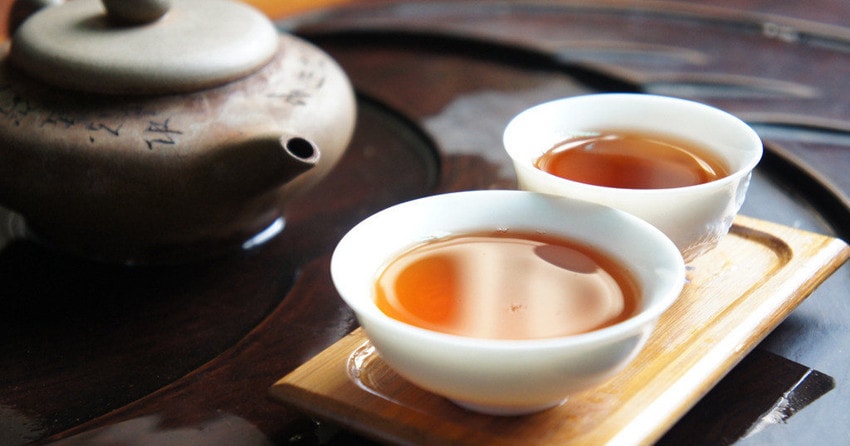As a tea lover and enthusiast, I have always been captivated by the elegance and tranquility of the Chinese tea ceremony. It is like a ballet of sorts, where every movement and gesture is deliberate, mindful, and steeped in tradition. For me, the tea ceremony is not just about enjoying a cup of tea; it is a holistic experience that embodies the essence of Chinese culture.

Originating in ancient China, tea ceremonies have been an integral part of Chinese society for over a thousand years. The practice of serving and consuming tea in a ceremonial setting emerged during the Tang dynasty (618-907 AD) and has since become deeply rooted in Chinese customs and traditions.
One of the most striking aspects of the Chinese tea ceremony is its emphasis on mindfulness and spirituality. It is not merely about the act of drinking tea but rather a ritualistic practice that involves harmonizing the mind, body, and spirit. The ceremony is often held in serene and tranquil settings, such as beautifully decorated tea rooms or traditional gardens, creating a peaceful and meditative atmosphere.
In a typical Chinese tea ceremony, every movement is deliberate and purposeful. From rinsing the teaware to measuring and steeping tea leaves, each step is performed with grace and precision. The tea is often brewed using a traditional Yixing clay teapot, renowned for its ability to enhance the flavors of the tea. The tea leaves are carefully chosen, reflecting the season and occasion, and are brewed at specific temperatures and durations to bring out the best flavors and aromas.
The tea ceremony is not just an aesthetic spectacle, it is also a way to foster deep connections and cultivate relationships. In Chinese culture, the act of serving tea is a gesture of respect, gratitude, and hospitality. The host takes on the role of a humble servant, ensuring that the guests are well taken care of and that their needs are met. This emphasis on hospitality goes beyond the act of serving tea itself; it extends to creating a warm and welcoming environment where conversations flow freely, and bonds are strengthened.
Additionally, the Chinese tea ceremony is a celebration of cultural heritage and an avenue for transmitting traditional values from one generation to the next. The knowledge and skills associated with the tea ceremony are often passed down within families or taught by respected tea masters. It is through these teachings that the younger generation learns the importance of respect, humility, and harmony.
Another fascinating aspect of the Chinese tea ceremony is the profound symbolism infused into every element of the ritual. The choice of teaware, the selection of tea leaves, and even the way the tea is poured all have symbolic meanings. For example, the act of offering tea to guests signifies a gesture of gratitude, while pouring tea in a circular motion represents unity and inclusivity. These symbols not only add depth to the ceremony but also provide a framework for understanding Chinese culture and philosophy.
Beyond its cultural significance, the Chinese tea ceremony also offers a range of health benefits. Different types of tea have been known for their medicinal properties, and the act of brewing and sipping tea can be a source of relaxation and rejuvenation. The ceremony itself encourages mindfulness, creating a dedicated space for reflection and introspection.
In today’s fast-paced world, where people are constantly on the move and consumed by technological distractions, the Chinese tea ceremony serves as a reminder to slow down, be present, and savor the simple pleasures of life. It is an opportunity to detach from the chaos of daily life and find solace in the quietude of a cup of tea.
Whether you are a tea connoisseur or someone who simply appreciates the beauty of rituals, exploring the world of Chinese tea ceremonies can be an enriching and enlightening experience. It is a window into the rich tapestry of Chinese culture, where traditions and customs intertwine with spirituality and mindfulness. So, the next time you make yourself a cup of tea, take a moment to remember the centuries-old practices and philosophies that have shaped this beloved tradition.











